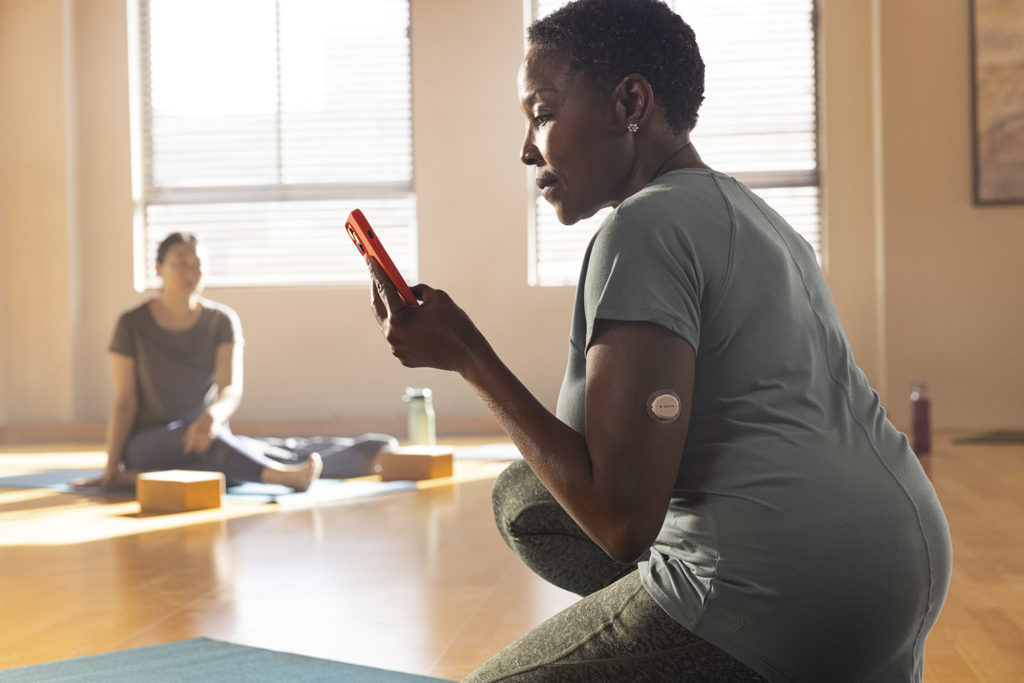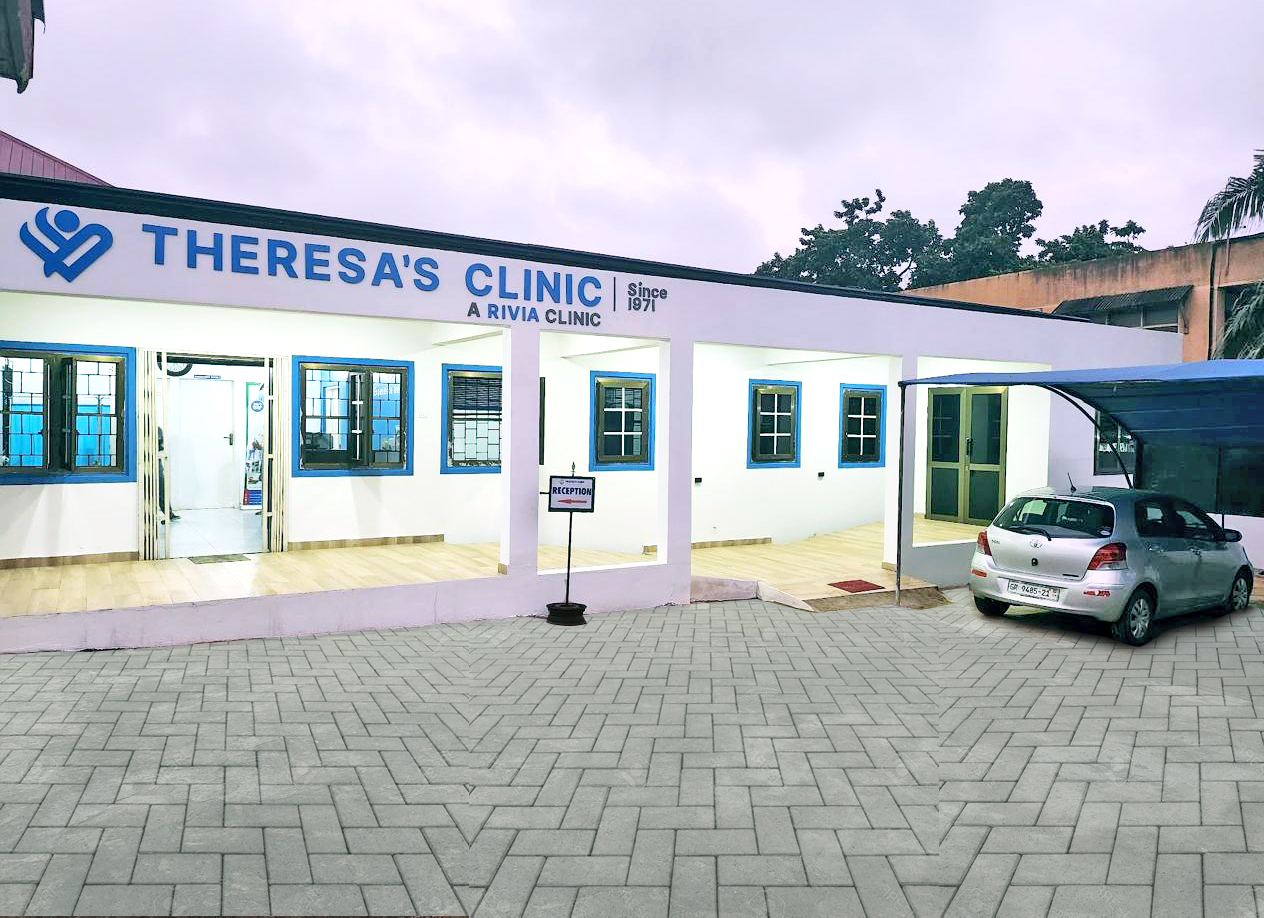Technology companies in South Africa are developing diabetes management technologies to help tackle the disease which kills 96,000 people a year.
According to data from the International Diabetes Federation, diabetes caused an estimated 96,000 deaths in South Africa in 2021. Additionally, the disease affects one in nine adult South Africans, with 45.4% of people living with the disease in the country undiagnosed. To combat the disease, over the last months, numerous healthtech companies in the country have put products on the market which seek to enable the country’s healthcare system to tackle the malady.
In February, Nasdaq-listed global healthtech firm Dexcom launched its flagship continuous glucose monitoring system, the Dexcom G7, in South Africa. Dexcom claims that the low-profile, all-in-one wearable warms up faster than any other CGM on the market, sending real-time glucose readings automatically to a compatible smart device or receiver without using painful finger sticks or scanning.
Additionally, the device provides remote monitoring of glucose levels via a mobile app, enabling users to share glucose data with up to 10 followers. It is also suitable for ages 2-6 years.

“The next-generation Dexcom G7 CGM System empowers users and helps simplify diabetes management with our smallest, most intuitive real-time CGM. Bringing our technology to more people around the world continues to be a top priority and we are thrilled that the diabetes community in South Africa will be amongst the first, outside of Europe, to experience the benefits of G7,” said Alex Moussa, senior vice president and general manager EMEA, Dexcom.
For diabetes sufferers like Thapi Semenya from the Limpopo province, the device has offered him a chance to live his life fully without impediments caused by traditional diabetes treatment.
“I have been using Dexcom G6 for a year, and within that year, I have managed to lower my HbA1c and improve my overall health. It has empowered me to take the initiative regarding my condition and to empower other people living with diabetes,” Semenya said.
Another user of the Dexcom, Holly Rey, states that the technology offered by the product provides much needed convenience in effectively managing her Type 1 diabetes,
“The mobile app which comes with the device is convenient because it tells me all i need to know about the state of my glucose all on my phone. It also provides timely alerts which really help manage my sugar levels much more effectively,” she said.
Dexcom claims that hitherto, its technology eliminated over 10 million fingerpricks and helped improve the lives of more than 1,000 people living with diabetes in South Africa.
Accessibility problem still persists
Despite the prevalence of technologies such as Dexcom’s G7, they are only accessible to individuals who have health insurance plans. This creates an inclusivity issue in that it excludes the majority of South Africans who do not have access to private healthcare services.
According to a report by GetSavvi health, out of South Africa’s population of over 54 million people, only 17.4% are covered by a South African medical scheme. This means that only 9.5 million South Africans have access to private medical care while more than 44 million don’t.
This presents a major challenge as with diabetes, the longer it stays undiagnosed, the more difficult it will be to fight it in the future. When diabetes is undetected or inadequately treated, patients are at risk of serious and life-threatening complications, such as heart attack, stroke, kidney failure, blindness and lower-limb amputation.
According to a healthcare professional who spoke to TechCabal on condition of anonymity, to successfully fight the diabetes war in South Africa using technology, there has to be a consideration to build products beyond just those which manage the condition.
“The main problem in South Africa is that people are not aware that they do have diabetes. They only find out when it’s too late. So as much as technology in managing the disease is a welcome development, it has to extend to beyond that. There should be innovations which notify people that they have the condition before it’s too late,” the source said.
This is a challenge that some healthtech startups in South Africa are trying to tackle through innovative technology solutions. One such startup addressing this accessibility challenge is GuidePost. Its flagship product is a technology platform that enables highly personalised, data-driven diabetes management at scale. During its nine years of operation, the startup claims to have achieved a 45% reduction in diabetes complications across more than 12,000 patients.
“Doctors and clinicians are not able to micromanage their patients with diabetes daily. This is the gap that Guidepost is addressing to support patients and improve their health outcomes,” said Professor David Segal, chief medical officer and co-founder of Guidepost. “We provide patients with the tools and information they need to make better choices and better manage their diabetes.”
To better enhance diabetes management, Guidepost recently launched an AI chatbot that works by providing patients with information specific to their unique challenges in a continuous and customised manner including personalised coaching. It also connects patients with professional nurses accredited in diabetes education.
“Based on our initial rollout to monitor uptake, our chatbot has seen the three-month average glucose levels of more than 2,000 patients drop to within normal levels,” said GuidePost CEO Graham Rowe. “This means that we can now extend the solution’s presence across South Africa. The bot has proven itself in that our coaches now have the tools at their fingertips to work much faster.”
Guidepost claims that its patient base continues to grow by 15% every month, with 2.1 million patient data points now collected and integrated into AI models by Guidepost as of May 2023.
As diabetes continues to severely affect the South African population, technology has so far played a significant role in the fight against the disease. Technology solutions provided by companies like Dexcom and Guidepost are proof that the disease can be tackled at both detection and management levels.
However, hurdles still stand in the way. These include limited access to such technologies by the majority of diabetes sufferers in the country. For the companies, limited funding for healthtech startups is a challenge that makes the scaling of solutions a challenge. With internet access in South Africa improving and venture capital dollars gradually increasing in the country’s healthtech sector, it appears that technology’s role in the fight against diabetes might be on the right track.



















